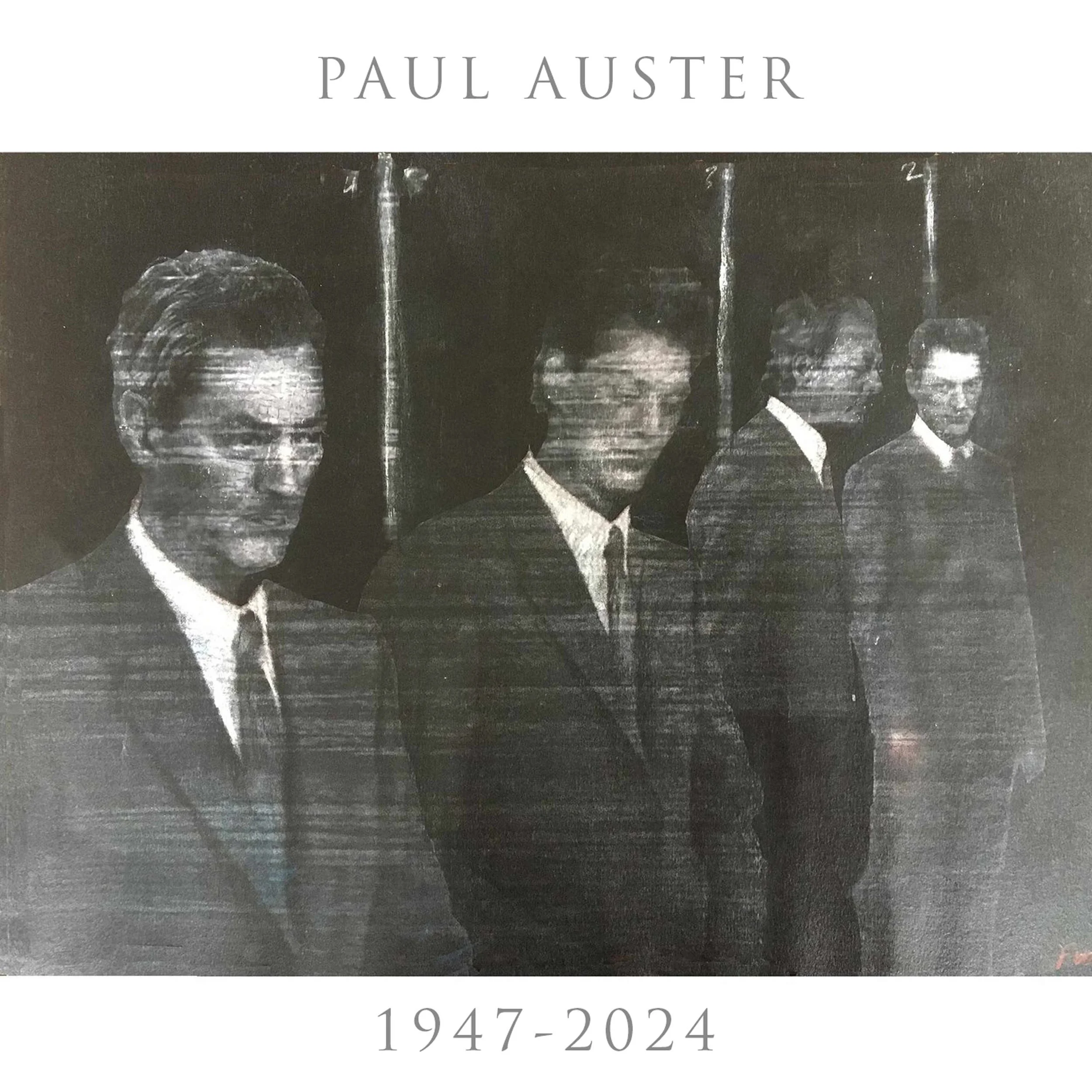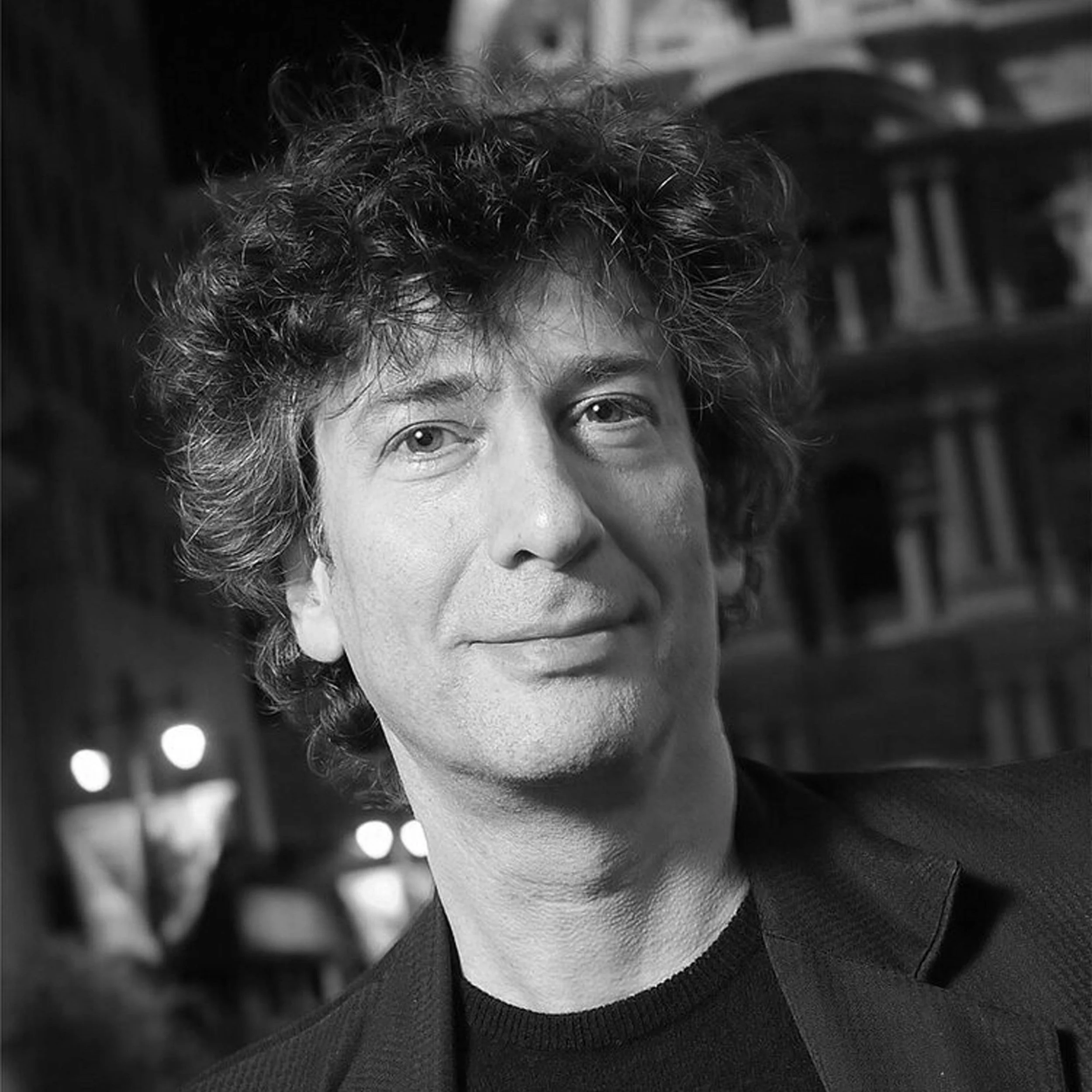Portuguese Jazz Musician
I had so many people around me when I was young– famous poets like Ary dos Santos, one of Portugal’s greatest poets of the 20th century. Sometimes he would be there talking with my mother, and I had this information that was getting in, but I wasn’t aware of it. And then in the early days, when I had just started playing, I was really into modern jazz, which was very instrumental, so I didn’t really pay attention to lyrics. It took me a while to get interested in Portuguese music, and in that mixture between jazz, Fado music and Portuguese popular music. For a while I was into the importance of a good poem. Now what moves me most of the time is that mixture of cultures— trying to do something that you cannot find in other countries. If you are into a lot of American jazz, for instance, you can play great music, but you are always playing music that started elsewhere, you know? And for a European like me, it’s challenging to try and find what makes you different in such a big market. What sound can you try to create that you wouldn’t hear in France or in Japan or in New York? So that's a very difficult challenge, actually, because you try to get really into your heart and your emotion. And I think Portugal has a lot of good emotions in its popular music that you don't find elsewhere. The music I make always has a kind of nostalgic ambience. It's not always sadness. It's a melancholic approach that is very hard to put into words– you just need to feel it.



















